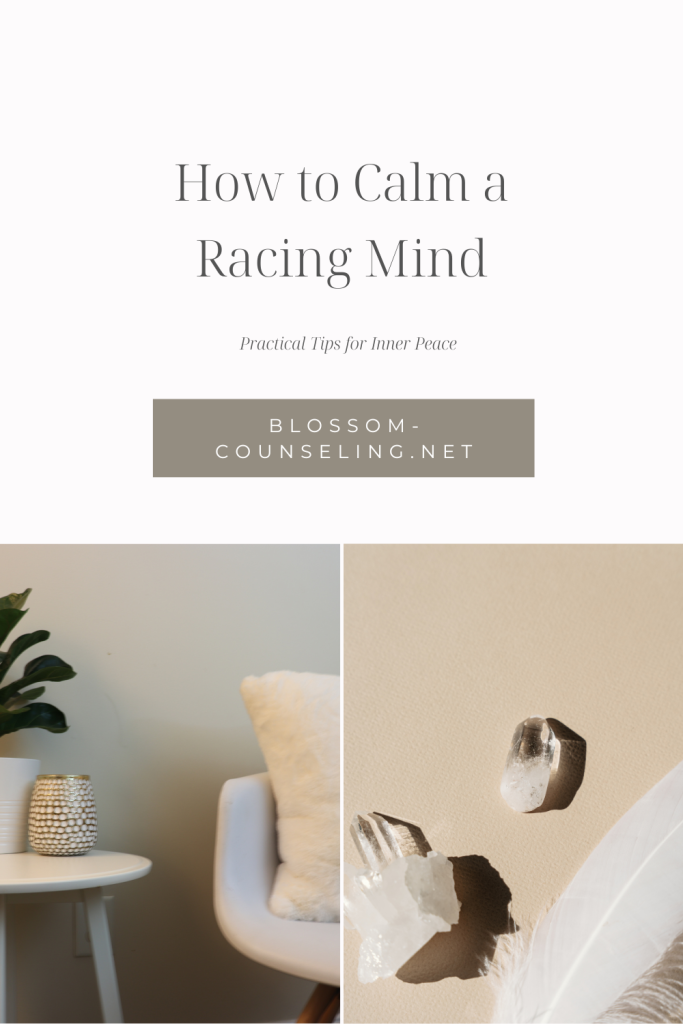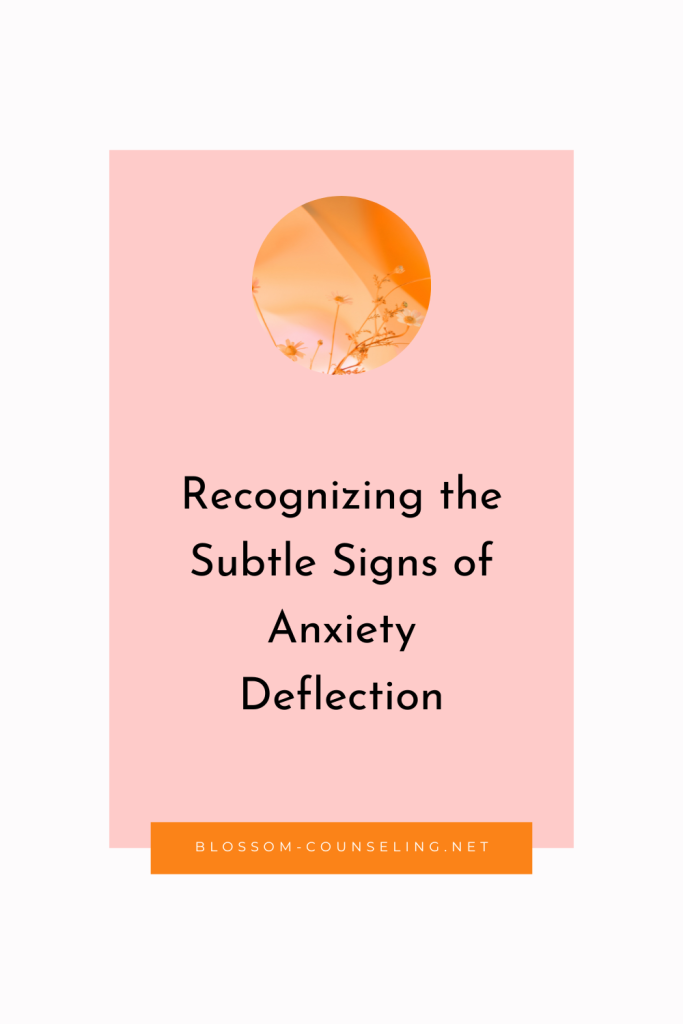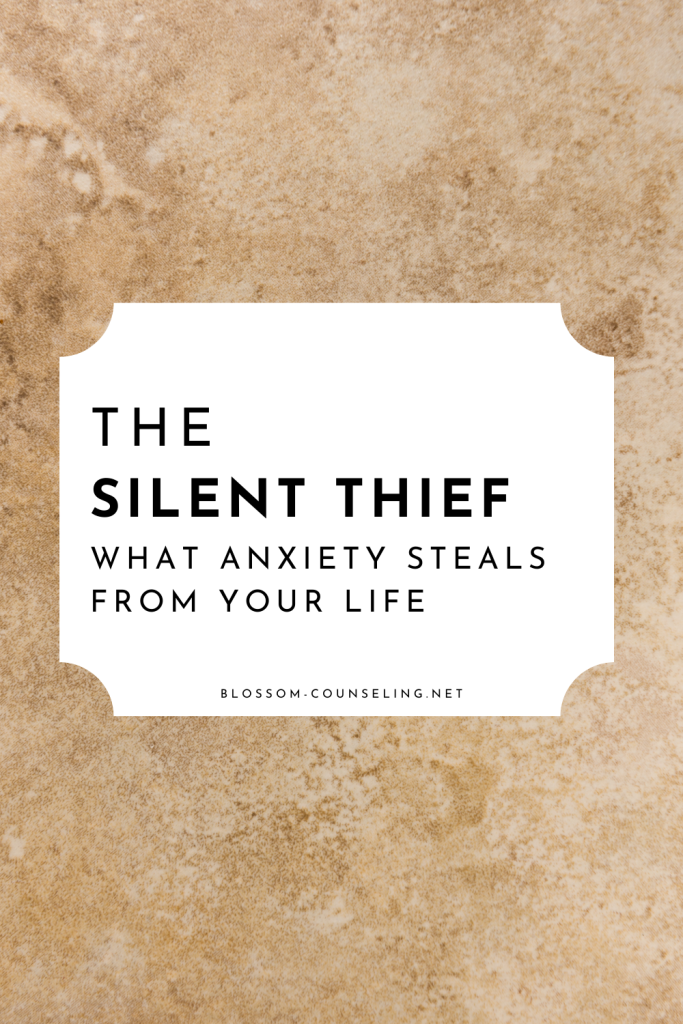
Ever feel like your brain just won’t shut up? Like you’re carrying an invisible to-do list in your head at all times, except instead of tasks, it’s worries, doubts, and worst-case scenarios? That’s the mental load of anxiety—the constant hum of “what ifs” and “did I forget to…?” that turns everyday life into an exhausting mental marathon.
What Is the Mental Load of Anxiety?
The concept of mental load usually refers to the invisible, ongoing cognitive work involved in managing life—things like remembering appointments, planning meals, or juggling schedules. When anxiety gets involved, that load multiplies. It’s not just about remembering things; it’s about overthinking, predicting disasters, replaying conversations, and bracing for things that might never even happen.
It’s why anxiety doesn’t just make people feel worried—it makes them tired. Even if you’re physically resting, your mind might be running through a mental obstacle course of stress.
Why Anxiety Feels So Draining
An anxious brain operates like a browser with 50 tabs open at once. Some of those tabs are playing music, some are loading, and some you don’t even remember opening. But they’re all draining your battery.
Here’s why that happens:
- Your brain is always “on.” Anxiety activates the amygdala, the part of the brain responsible for detecting threats. If your amygdala is constantly firing alarms—whether there’s real danger or not—it keeps your nervous system on high alert.
- It hijacks your working memory. Have you ever tried focusing on a conversation while simultaneously worrying about a deadline, an awkward text you sent last week, and whether or not your pet is bored? That’s because anxiety occupies your working memory, the mental space needed for short-term tasks.
- You’re doing extra mental gymnastics. Anxiety convinces you that you need to anticipate every possible outcome. What if this happens? What if I say the wrong thing? What if I don’t prepare enough? This kind of thinking is exhausting because it forces your brain to run simulations for problems that don’t even exist yet.
Signs That Anxiety Is Overloading Your Mental Bandwidth
Because the mental load of anxiety is invisible, it’s easy to dismiss. You might not realize just how much brainpower it’s stealing from you. Some signs include:
- Constantly feeling mentally drained, even after a full night’s sleep
- Forgetting small things because your brain is juggling too much
- Having trouble making simple decisions (because your brain is too busy scanning for risks)
- Feeling like you never fully relax, even when nothing is “wrong”
- Getting easily overwhelmed by everyday tasks that didn’t used to feel this hard
Lightening the Load
Since anxiety thrives in mental clutter, one of the best things you can do is find ways to offload some of that weight. Here are a few ways to give your brain some breathing room:
- Write things down. Anxiety tricks you into believing you need to hold everything in your head at once. A simple to-do list or brain dump can free up mental space.
- Limit decision fatigue. Too many choices? Anxiety loves that. Try reducing small daily decisions by creating routines (like having a go-to breakfast or pre-planning outfits).
- Reality-check your thoughts. If your brain keeps running through worst-case scenarios, ask yourself: “Is this a real problem, or just my anxiety talking?”
- Create designated worry time. Sounds counterintuitive, but setting aside 10-15 minutes a day to acknowledge and process your worries can keep them from hijacking the rest of your time.
- Engage your senses. Anxiety lives in the mind; grounding techniques (like deep breathing, touching something textured, or noticing scents around you) help shift focus back to the body.
The Bottom Line
Anxiety isn’t just a feeling—it’s a workload. And like any job that demands too much without enough breaks, it’s exhausting. If you’ve ever wondered why you’re so tired all the time, even when you haven’t done anything “physically” strenuous, your anxious brain might just be running a full-time job behind the scenes.
Your mind deserves rest, just like your body. And if anxiety keeps weighing you down, it might be time to rethink how much of that mental load you actually have to carry.
Our team of compassionate therapists is here to help you find the support you need. We believe in a holistic approach, treating your mind, body, and spirit. With a blend of traditional and alternative therapies, we tailor your experience to meet your unique needs. At Blossom, we create a non-judgmental space where you can be your authentic self. Our goal is to empower you, amplify your strengths, and help you create lasting change. Together, we’ll navigate life’s challenges and help you bloom, grow, blossom! You deserve to become the best version of you.




